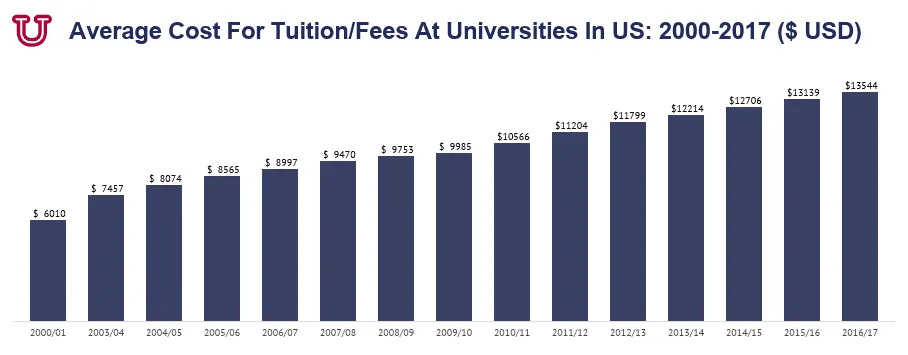"Incentives are not strategy, they are tactics. Defensive measures." -Carlos Ghosn
I chose that opening quote not because I agree with it in all circumstances, but to demonstrate that there are those who see incentives in this way—particularly those in the corporate world.
This story is going to get personal, so some of it will remain "below the fold," but as always my rule is that nothing related to information that I believe helpful to your personal health will be behind any paywall.
The Trials of Young Physicians
I keep asking myself over and over again why young people in college and in their 20s aren't pushing back more against the tyrannies of the corporate-government (call it "Govcorp") conglomerate.
While mass formation may be part of it—aided by Pavolovian school training and an ugly culture war—there is also the simple explanation that young professionals in their 20s and 30s today have it harder than ever in the United States—unless their parents were quite wealthy and set them up nicely. And young doctors have invested the training of their youth—often taking out substantial loans against their future earnings—to get where they are.
The universities ("The Academy") have merged with Govcorp more and more tightly over the years, taking in many billions of dollars annually from federal grants issued by departments more closely governed by corporate interests than most anyone is willing to admit. Student loan offerings and a society in which many jobs are shut out to those without college degrees (despite the general lack of connection between the jobs and the course work) sent the costs of education skyrocketing. I'm not saying anything anyone doesn't know, but I want to set the table with the image.
Source: Educationdata.org
The result is debt that ranges from tens to hundreds of thousands of dollars accumulated before graduation. And for physicians-in-training, their earning years typically only begin at around the age of 27, assuming zero time off from a demanding schooling regimen that began at the age of 5. Or maybe as early as the womb in some households.
Fun fact: outside of a couple of elite institutions such as Harvard and Stanford, pharmacy colleges have the highest return on investment.
Meanwhile, many physicians still live in ordinary apartments or drive used cars well into their 30s. According to the World Economic Forum, that's probably great because it keeps them from having too many kids who are the enemies of the planet. It also leaves them defenseless to the pressures Big Pharma puts on the entire medical community. I think this is such a story…





